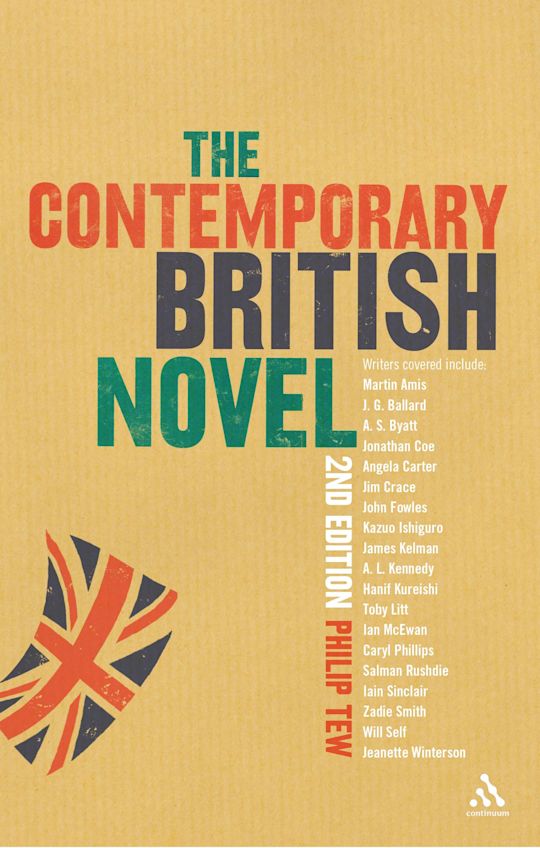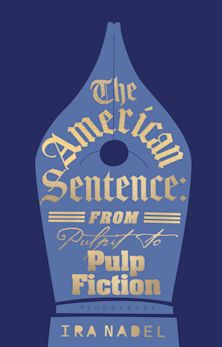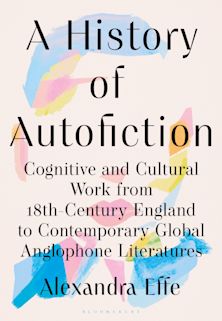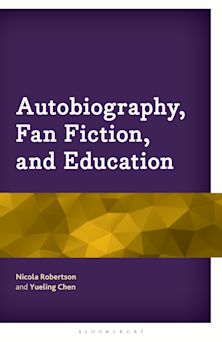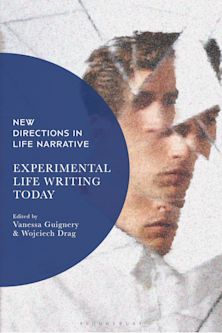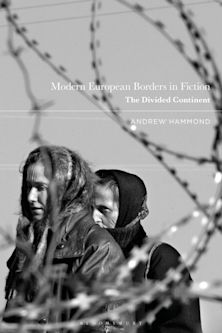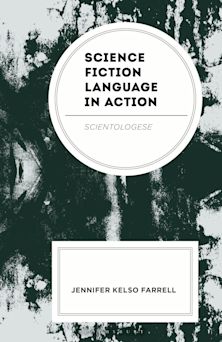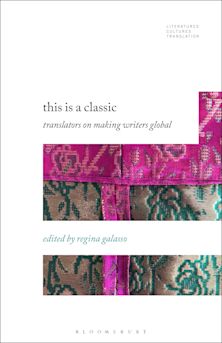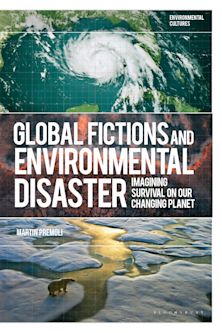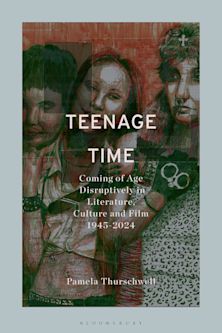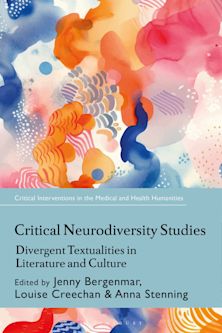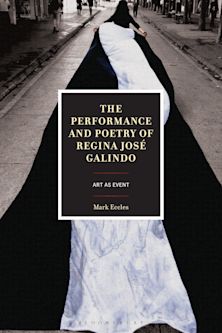- Home
- ACADEMIC
- Literary Studies
- Contemporary Literature
- The Contemporary British Novel
You must sign in to add this item to your wishlist. Please sign in or create an account
Description
- the changing nature of British identity;
- the representation of urban identity and urban spaces;
- class issues including the rise and fall of the middle class;
- multiracial identity and hybridity.
The second edition includes a new introduction and a new chapter on fiction since the millennium focusing on a post 9/11 aesthetic. Every chapter has been revised for the new edition and now includes an initial overview and recommended reading to offer guidance on further study.
Includes readings of novels by: Martin Amis, Pat Barker, A. S. Byatt, Jonathan Coe, Hanif Kureishi, Salman Rushdie,Will Self, Zadie Smith, Jeanette Winterson among others.
Table of Contents
Critical Introduction
1. Contemporary Britishness: Who, What, Why and When?
1. The Fall and Rise of the Middle Classes
1. Urban Spaces and Identities
4. The Past and the Present
5. Multiplicities and Hybridity
6. The Post-millenial, 9/11 and the Traumatological
7. Epilogue: The Teaching and Study of the Contemporary British Novel
Appendix: Granta Best of Young British Novelists 1983, 1993, 2003
Bibliography
Index
Product details
| Published | 26 Apr 2007 |
|---|---|
| Format | Ebook (PDF) |
| Edition | 2nd |
| Extent | 280 |
| ISBN | 9781441114495 |
| Imprint | Continuum |
| Publisher | Bloomsbury Publishing |
About the contributors
Reviews
-
'To set out to write a poetics of the contemporary novel within the edgy category of 'British' is a doubly ambitious project...As well as offering a more integrative view of the the literary phenomenon than most recent companions and readers, it is not uniquely a critical assessment of the writing experience per se, but a forceful attempt at devising adequate tools to capture the new aesthetic of the novel today.' 'The study merits serious attention from scholars of contemporary studies, providing a refreshing blend of creative and critical reading, with its constant capacity for self-renewal.' 'It should be required reading for scholars working in contemporary writing, and it will be excellent supporting material for graduate students.'
Adriana Neagu, The Journal of the English Association
-
'Phil Tew is the perfect Virgil to guide readers through the underworld of the contemporary English novel.' - Will Self
-
'an important contribution to current critical debates on the future of the novel' Professor Patricia Waugh, University of Durham
-
Mentioned in Contemporary Review, 2008.









